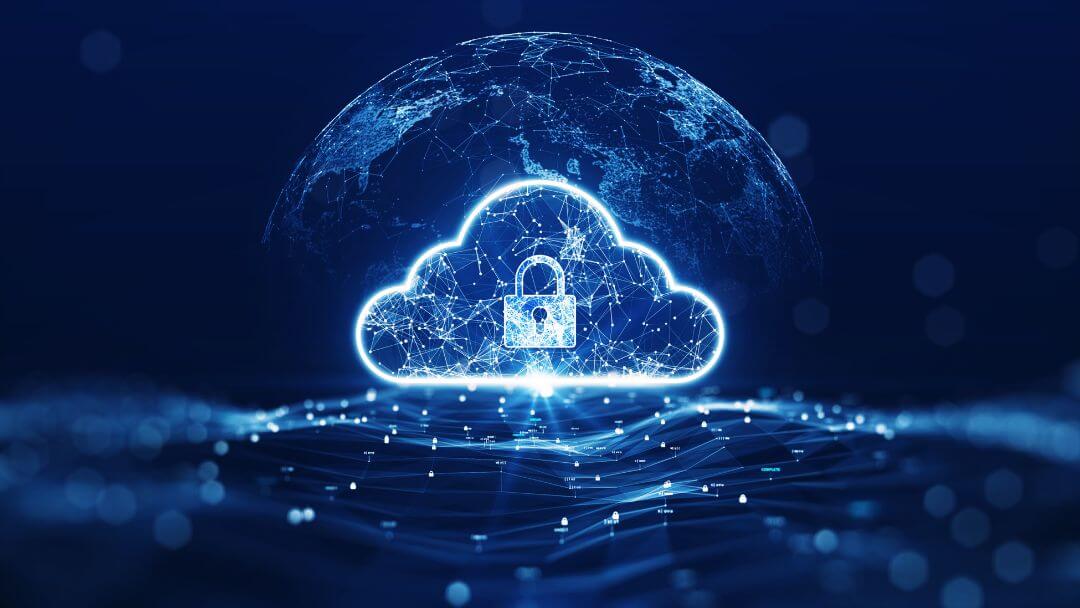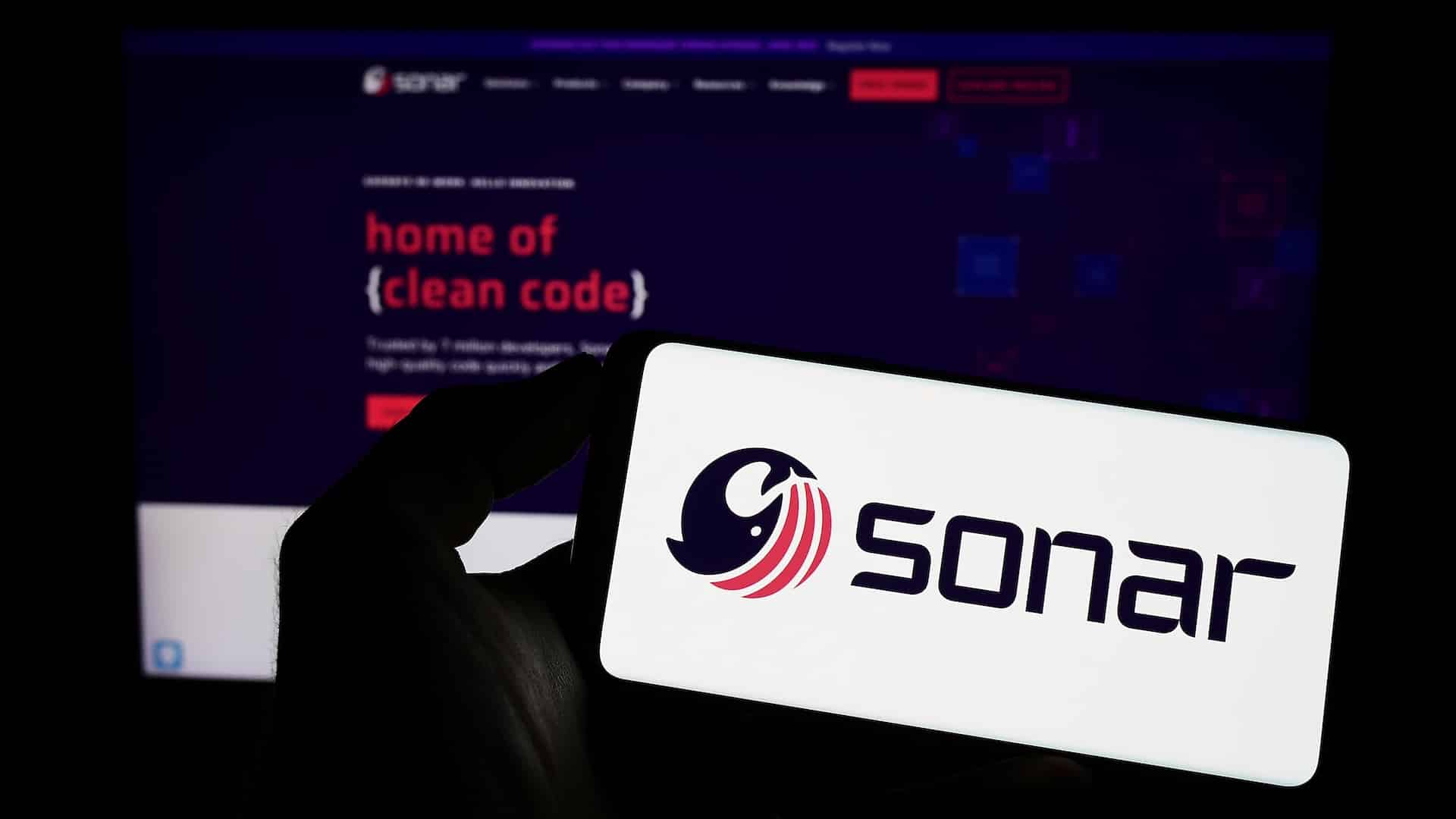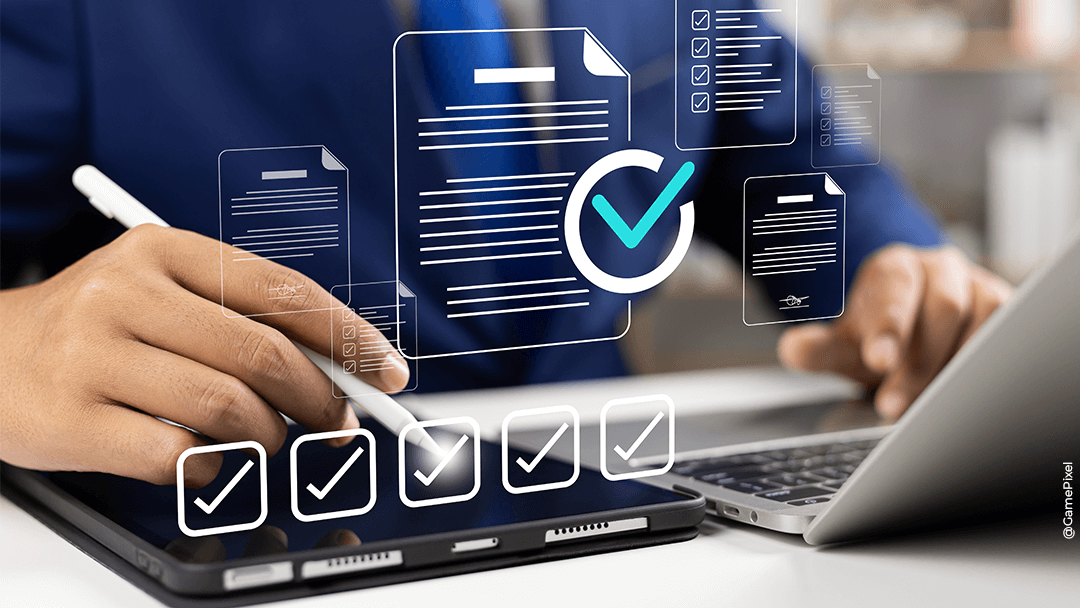Protect your data with Qim info’s cloud security solution. Ensure the confidentiality and reliability of your information. Discover our offer now!
Your company most likely has data stored in the cloud. But do you really know how to secure it? Are you aware of all the potential risks and the tools to protect against them? In this article, we will present the importance of cloud security, existing threats, how to implement a cloud security policy, and with which tools.
What is Cloud Security?
The Cloud security is a branch of cybersecurity that ensures the protection of your systems, infrastructures, and cloud data against internal and external threats. The term “cloud security” thus encompasses all technologies, controls, and procedures used for these purposes.
In recent years, companies are increasingly moving towards the cloud in their digital transformation. Storing data in the cloud has even become a real habit for both individuals and professionals in just a decade. As more and more companies use it, they face new security challenges that must be addressed without impacting productivity. This is where cloud security comes in. It ensures the integrity and security of data and systems against attack risks.
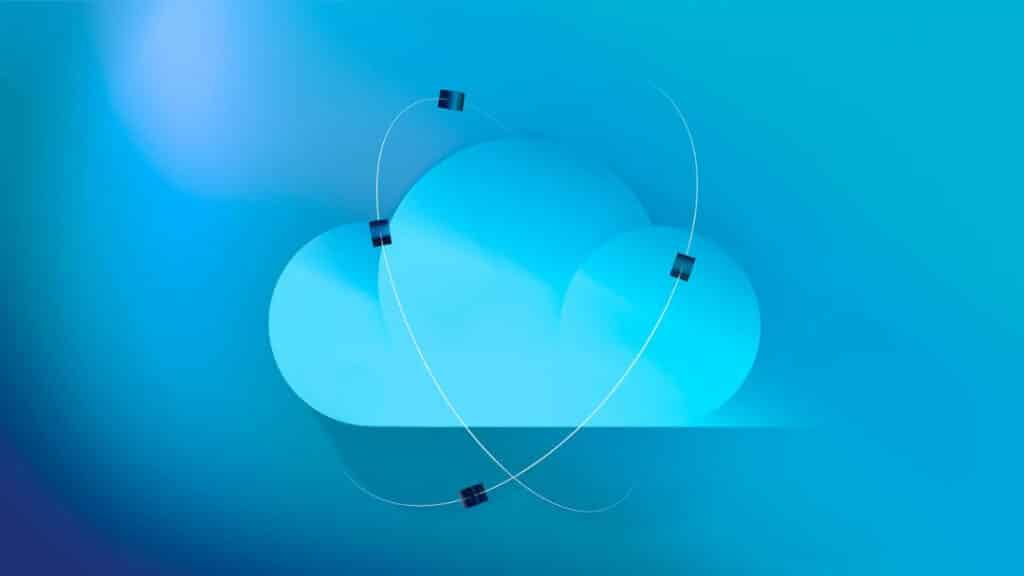
Why Secure Your Cloud?
With the massive adoption of cloud technologies, threats are also increasing. Among others, we can name:
- Cybercriminals, who represent a growing risk, both in number and complexity of their attacks.
- Data loss, a major risk for a company with often costly consequences.
- Service unavailability, which can lead to business downtime or technical unemployment.
- Risks of compliance violations (the obligation for any company to conduct its activities ethically and safely).
Cloud security, therefore, addresses these risks by providing effective and essential preventive measures.
Moreover, cloud security brings its own advantages:
- It allows you to centralise your cybersecurity solutions by dematerialising your protection.
- Effective cloud security maintains business continuity by protecting you from threats like Distributed Denial of Service (DDoS) attacks, preventing unexpected service interruptions.
- It enables the implementation of necessary processes to avoid potential attacks that can be very costly for the company.
- It is a mark of reliability for your company and thus gains customer trust.
In the face of cyber threats, cloud security appears as an obvious solution, offering concrete and essential benefits.
Ebook gratuit
The Pillars of Good Cloud Security
Between choosing the right provider and adopting best practices, effective cloud security relies on several pillars that we will now detail.
Choosing a Trusted Provider
This is the first fundamental practice in terms of cloud security. A trusted provider will transparently present all the certifications confirming the relevance of its services and their compliance with security standards. You will find compliance programs for each provider, for example:
- Amazon AWS: Compliance Programs – Amazon Web Services (AWS)
- Google Cloud Platform: Cloud compliance and regulatory resources | Google Cloud | Google Cloud
- Microsoft Azure: Azure compliance documentation | Microsoft Learn
Among the certifications to note, we can mention:
- ISO 27001: information security management standard for IaaS, PaaS, and SaaS;
- ISO 27017 and ISO 27018 for IaaS infrastructures;
- GDPR and LPD compliance for all cloud providers.
Adopting an Evolutionary Process
Cloud adoption is an evolutionary process, and cloud security follows the same principle. It is not about achieving “perfect” security in one step but rather constantly improving your posture over time. This approach recognises that threats evolve, new vulnerabilities emerge, and business needs change. For this, several aspects are essential:
- Access Control
- Security Operations
- Protection of Sensitive Data and Systems
- Governance
- Innovation: integrate security into DevSecOps processes.
Understanding Cloud Security Concepts and Standards
Security is an interconnected discipline with other areas and reference frameworks and must align with recognised standards and best practices. For example,
- the Zero Trust concept has become a de facto standard in security. It is based on three fundamental principles: assume breach, verify explicitly, and apply least privilege access.
- The NIST (National Institute of Standards and Technology) provides frameworks and guidelines that can be adapted to strengthen your cloud security approach.
Assigning Responsibilities to the Right People
Security can be schematically divided into three main types of activities:
- Governance, which involves architecture and compliance
- Prevention, which deals with access control and data protection
- Security Operations
For example, prevention relies on two roles, the platform security engineer and the application security engineer (App Security Engineer). They will manage several responsibilities: identity and key management, personnel security, data security, application security & DevSecOps, infrastructure security, and endpoint security (network, servers/VMs, client devices/endpoints).
Thus, each major security domain must be managed by specific roles, and their precise responsibilities must be clearly defined.
Transforming Security Processes
When a company migrates to the cloud, it discovers that traditional security approaches are not suited to this dynamic environment. Cloud platforms are constantly evolving, threats are multiplying, and new security technologies are emerging. Therefore, security must evolve into an adaptive approach to keep up with these changes, which also concerns organisational culture and daily processes. It requires close collaboration between technical and business teams to seamlessly integrate security throughout the organisation.
After all these explanations, do you think you need to call in a cloud security expert?
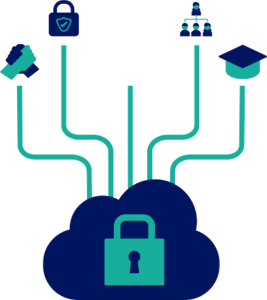
Why Seek the Assistance of a Cloud Security Expert?
Cloud security is a complex concept that must consider all the technologies, processes, and needs of a company to secure them as much as possible.
It is a set of concepts we have presented above, which complement each other to secure your cloud services together.
Cloud security is therefore a crucial element for the integrity of your company: you would not want to entrust this responsibility to just anyone.
This is why it is recommended to call on a cloud security expert.. They will define all the necessary tools for your cloud activity, assist you with the specific needs of your company, react instantly in case of a problem, and solve all potential issues.
Calling on an expert also represents a saving of time and resources for you: cybersecurity and cloud security require constant attention and a certain amount of infrastructure, which an expert in the field will relieve you of.
With this support comes a cost, which you are surely questioning.
How Much Does Cloud Security Cost?
There is no single cost for cloud security. Indeed, these prices can vary according to the company’s needs: hiring a full-time cloud expert, different software needs, managed security solutions, etc.
List of the Best Cloud Security Tools
Cloud security tools are numerous, and they can be classified according to seven different uses.
IAM (Identity Access Management) Tools
IAM solutions manage user access to the Cloud, handling your secure accesses or implementing multi-factor authentication. Among them, we can mention:
| Keycloak: | On-premises IAM manager, open-source and free |
| Amazon IAM: | IAM manager on AWS Cloud |
Twilio: |
Implements multi-factor authentication |
Okta: |
Offers two-factor authentication via smartphone notification |
CASB (Cloud Access Security Broker) Solutions
Called cloud access security brokers, these are software that acts as a gateway between the user and the cloud service manager.. They secure cloud applications, users, and data by enforcing the company’s security policies. A good CASB software provides visibility, threat protection, data security, and compliance.
As Amazon puts it, consider the CASB as the sheriff enforcing the laws set by cloud service administrators.
We can mention:
Netskope: |
A leader in cloud security, specialising in data and application protection in cloud environments |
Scalar: |
Easy to configure and use, ensures secure access on any medium |
Lookout: |
Powerful and rich, offers comprehensive protection |
Microsoft Defender for Cloud Apps: |
Also has other features like reverse proxy, API connections, or log collection |
SAST (Static Application Security Testing) Solutions
SAST tools automatically analyse your coding environment to find security vulnerabilities during application development. They verify your environment’s compliance with development standards and security standards. Among them, we can mention:
DeepSource: |
Allows writing maintainable and secure code to improve software stability |
GitLab: |
Includes a SAST tool integrated into its open-source coding environment |
SonarQube: |
A continuous inspection tool for code quality and security |
SpectralOps: |
Finds weaknesses and configuration errors related to security issues |
SASE (Secure Access Service Edge) Solutions:
SASE is a cloud technology that makes network security an integral and integrated function of its structure. It creates a global platform that connects all your resources to the connectivity and security functions essential to your company. Among them, here are our recommendations:
Cato Networks: |
Performs both SD-WAN (optimal management of a large-scale network), a network security solution, and a base of cloud services and applications |
Perimeter 81: |
A complete and easy-to-use solution |
CSPM (Cloud Security Posture Management) Tools
CSPM solutions manage the detection and correction of misconfigurations in public clouds. They secure IaC (Infrastructure as Code) and monitor the configuration of your software and hardware.
Fugue: |
Provides a global view of a company’s security posture |
XM Cyber: |
Keeps control over all the security devices and mechanisms of your company |
AWS Security Hub, Azure Security Center, Google Cloud Security Command Center |
Each cloud provider has its product |
CWPP (Cloud Workload Protection Platforms)
Cloud Workload Protection Platforms (CWPP) protect applications and data stored in your Cloud from external threats. They act as a barrier against malware, data breaches, and fraud. Here are some examples:
Illuminio Core: |
Focuses on preventing lateral movements |
Orca Security: |
Strengthens the security of AWS, Azure, and GCP platforms |
Vade: |
Blocks phishing, spear-phishing attempts, and malware/ransomware attacks |
AWS GuardDuty: |
For Amazon |
Ebook gratuit
CIEM (Cloud Identity Entitlement Management) tools
CIEM (not to be confused with SIEM: security information and event management) is the process of managing and protecting access rights, permissions, and user privileges in the Cloud. It is a cloud security solution that consolidates and secures these accesses. For example:
C3M: |
Manages the identity of different users and the resources they have access to |
SailPoint: |
Manages user access within the company and remotely |
CloudKnox: |
A quick and efficient tool for monitoring different user accesses |
Cloud security tools are therefore numerous and varied, but our Cloud & DevOps Solutions department will support you in defining the perfect environment and tools for your cloud security!

As part of their digital transformation, more and more companies are moving towards the Cloud. Whether for storing your data or hosting your applications, the Cloud is an essential tool for your company that must be absolutely secured to protect you from various potential threats.
You now have all the tools to understand how to effectively secure your Cloud and which methods to implement!

Clément Raussin
Responsable du département Cloud & DevOps Solutions chez Qim info

